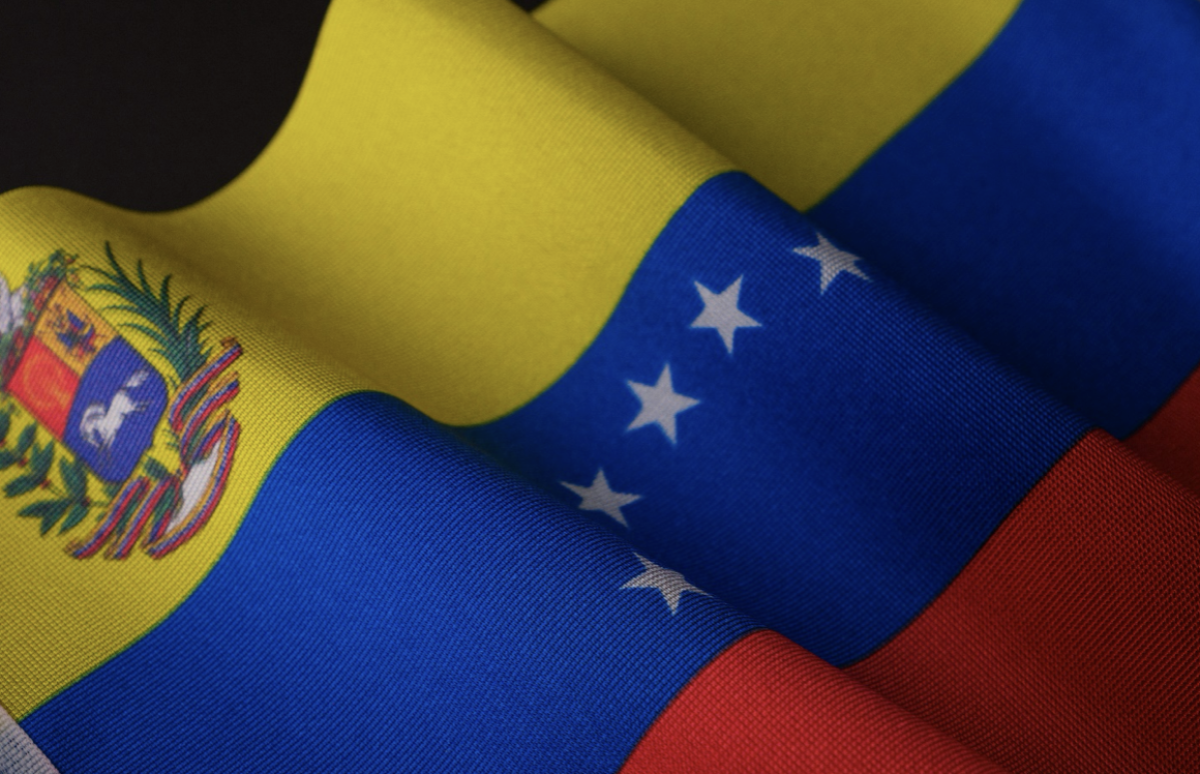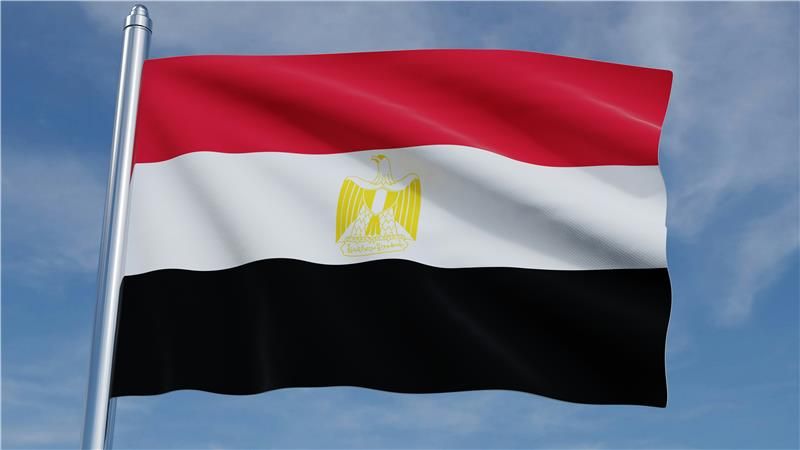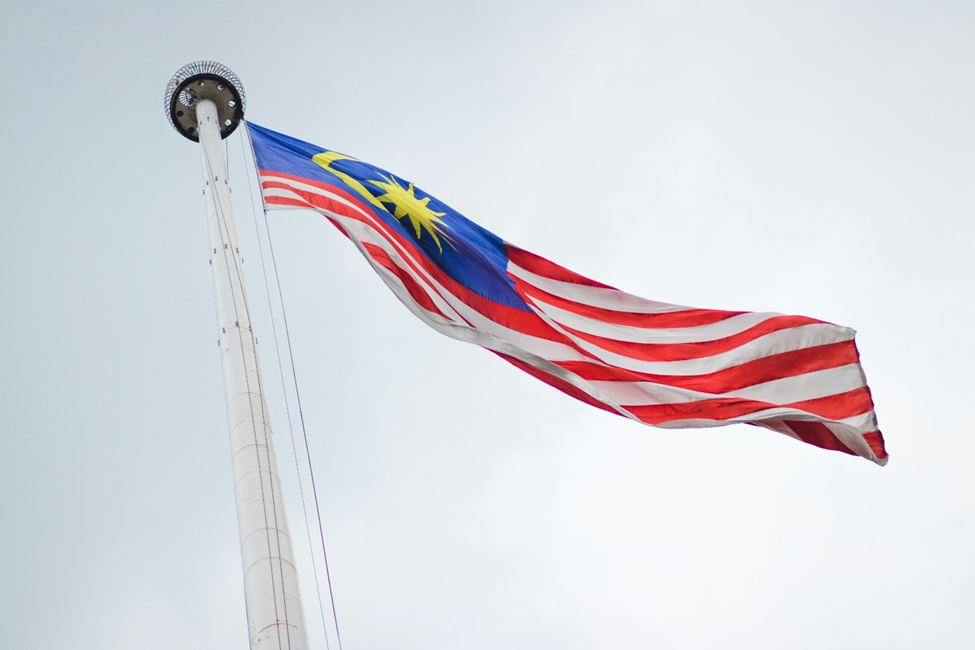
Global Risk Management, International Markets, Week in Review
Venezuela customers average 40 days beyond terms
Venezuela faces worsening economic and political hardship after President Nicolás Maduro’s election, sparking global outcry over corruption and persistent economic problems. The United States has firmly halted any efforts to ease sanctions and is expected to intensify these measures unless President Maduro resigns.

Venezuela faces worsening economic and political hardship after President Nicolás Maduro’s election, sparking global outcry over corruption and persistent economic problems. The United States has firmly halted any efforts to ease sanctions and is expected to intensify these measures unless President Maduro resigns.
Why it matters: Maduro’s administration has been accused of severe corruption, human rights violations and economic mismanagement. The U.S. has even offered Maduro amnesty in exchange for stepping down, but he faces pending charges for aiding drug cartels.
President Nicolás Maduro has largely been blamed for the economic situation in Venezuela. According to a Statista report, as of August 2024, Venezuela’s inflation rate was 51.4%, making it one of the countries with the highest inflation rates in the world. However, some predict that the inflation rate will continue to increase, reaching 150% by 2025.
In January 2024, the official dollar price in Venezuela rose 0.83% to 36.26 bolivars, while the parallel rate dropped 2.43% to 38.18 bolivars. “The differential between both exchange rates stood at 5.30%,” reads a Holland & Knight report. “It reinforces the competitiveness of the official exchange rate.”
In February, Venezuela experienced lowered hyperinflation and now annual inflation is more manageable, but still high at about 50%, according to BBC.
Oil Industry and US Sanctions
As labor-intensive export industries lag, unemployment may rise, leading to an unhealthy dependence on natural resource exports. In extreme cases, petrostates like Venezuela depend on high taxes from foreign drillers instead of local production, making the economy vulnerable to global energy price swings and capital flight.
Yes, and: Venezuela’s recently strained relationship with the United States has adversely affected the oil industry and the broader economy.
For nearly twenty years, Washington’s sanctions against Caracas have blocked oil imports from Petróleos de Venezuela, S.A. (PDVSA), preventing the government from accessing the U.S. financial system.
After the Venezuelan opposition united to run against Maduro in the 2024 election, the Biden Administration offered sanctions relief to incentivize the Maduro government to enable a free and fair electoral process. By April 2024, however, the Administration had rolled back most sectoral sanctions relief due to Maduro officials’ antidemocratic actions that violated an October 2023 Maduro-opposition electoral agreement.
Maduro’s July 28 election victory solidified institutional support for the ruling party as international focus on the contested election wanes. Following the vote, Maduro’s administration has been accused of cracking down on dissent by the opposition, human rights groups and unions.
The regime, led by Maduro of the Partido Socialista Unido de Venezuela (PSUV), focuses on reviving oil production and attract private investment to improve Venezuelan economic conditions. It is said to “retain power in the 2024-28 forecast period owing to its strict control over the security apparatus and a patronage system that rewards high-ranking officials and punishes dissent,” reads an EIU report.
The Inter-American Commission on Human Rights accused the Maduro regime of committing ‘state terror’ against Venezuelans. The regime’s terror campaign seeks to instill fear, sow distrust, fragment society, prevent collective action and ultimately subjugate Venezuelans, according to a CSIS report. “The next phase of this campaign has started with the recent passage of the NGO law through the regime-controlled National Assembly, which seeks to dismantle elements of civil society that receive foreign funds,” the report reads.
According to a Reuters article, over a hundred employees at Venezuela’s state oil company PDVSA, plus others in the oil ministry and parts of the public sector, have been forced to resign over their political views since the disputed election.
What’s next: The U.S. State Department offered $15 million for information leading to Maduro’s arrest or conviction due to drug trafficking charges, and the International Criminal Court probed his government for crimes against humanity.
Zoom out: There are two primary approaches to conducting business in Venezuela. One approach is focused on building personal relationships, which is favored by older generations. Another approach, favored by younger, U.S.-educated individuals, focuses on business growth and the bottom line.
Venezuelans are competitive and committed to success, but family and personal ties are their top priorities. They work to live, not live to work, resulting in a relaxed and easygoing business pace.
Here are some helpful tips for doing business in Venezuela:
#1 Practice Spanish speaking skills
Speaking Spanish is an advantage when doing business in Venezuela, but not essential as many Venezuelan businesspeople speak basic English. Still, it’s wise to ask if they prefer a translator before negotiations.
Translate your letters and presentation material into Spanish, unless the Venezuelan businesspeople indicate that they are comfortable to communicate in English. After receiving written correspondence, follow up with a phone call.
If the negotiation is conducted in English, speak slowly, in short, simple sentences and avoid using slang. Ensure mutual understanding by frequently summarizing key points.
#2 Be fashion-forward
Venezuelans pay great attention to dress, and will judge visitors based upon wardrobe and appearance. Since they favor a European-style wardrobe, business attire is expected to be formal, yet fashionable and stylish. High-quality brands will be noticed. Both men and women visitors should attempt to wear luxury-brand watches and shoes to Venezuela meetings.
#3 Be patient
Negotiations in Venezuela tend to be long and drawn-out, with many interruptions. The decision-making process is also lengthy. You may be expected to make various trips to conclude a deal. Venezuelans expect you to demonstrate patience, and they respond badly to time-pressure tactics.
#4 Expect a family-centric atmosphere
Venezuelans operate within extended cooperative networks of family and friends, where personal and professional lives overlap. People practice and widely accept nepotism as beneficial because it involves hiring individuals they know and trust.
By the numbers: Customers in Venezuela the have averaged 40 days beyond terms, with 43% of respondents saying payment delays are staying the same, and 29% saying delays are increasing, per the FCIB Credit and Collections Survey. The most common causes for payment delays are central bank issues (67%) and cash flow issues (50%).
What Survey respondents are saying:
- “The political risk is very high and no credit insurance is available for sales into the country. Obtain financial statements on your customers and backstop sales with credit insurance.”
- “Inherited a customer in this country. Would only have sold to them using cash in advance but the company we bought gave them open terms.”
- “It is important to know customer’s payment process to avoid misunderstandings or delays due to administrative issues.”
- “Ensure payment language is on the wire payments received.”
The bottom line: Venezuela’s economic and political crisis continues to deepen, with no immediate resolution in sight. International pressure and internal dissent are mounting.





